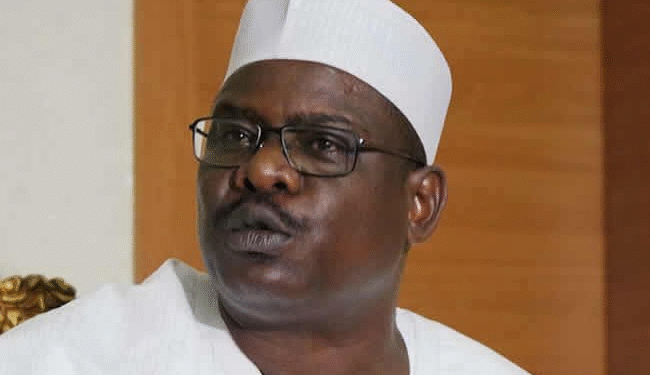Former Senate Leader, Ali Ndume, has cautioned labour unions and oil industry stakeholders against what he described as a coordinated attempt to demonise the Dangote Refinery.

His remarks followed the recent face-off between the refinery’s management and the Nigerian Union of Petroleum and Natural Gas Workers (NUPENG), as well as the Depot and Petroleum Products Marketers Association of Nigeria (DAPPMAN).

NUPENG had embarked on industrial action over the refinery’s alleged refusal to allow truck drivers to join the union as provided under the Trade Union Act, while DAPPMAN accused the refinery of stifling competition by allegedly offering cheaper products to international traders than to Nigerian marketers.
Although the Department of State Services (DSS) intervened to ease tensions, disagreements have persisted in the downstream sector.
In a statement issued on Wednesday in Abuja, Ndume condemned what he called “a poisonous media narrative” aimed at painting the refinery in a negative light.
“I urge NUPENG, PENGASSAN, and all concerned stakeholders to engage in constructive dialogue with Dangote rather than inciting division and undue sensationalism in the media. Our common goal should be to balance labour rights with national development and not put ordinary citizens at the receiving end of a needless power tussle,” he said.
Ndume recalled that successive administrations had issued several refinery licenses to private operators, many of whom failed to take advantage of the opportunities.

“Before Dangote took the risk to build his refinery, licenses had been granted to 12 operators as far back as 2002. In 2007, another round of nine licenses was issued after the first set was revoked. Again, under the Buhari administration, modular refinery licenses were granted. Yet most of those licensees did little or nothing. Today, the same players are accusing Dangote of monopolising the market,” he stated.
The Borno South senator stressed that it was wrong to accuse Dangote of attempting to monopolise the petroleum sector, noting that deregulation under the Petroleum Industry Act had already created room for fair competition.
“It is wrong to talk about monopoly in a deregulated industry. There are no deliberate bottlenecks against anyone, and no player has been accorded a special concession to the detriment of others,” he said.
He urged regulators, including the Ministry of Petroleum Resources and the Nigerian Midstream and Downstream Petroleum Regulatory Authority (NMDPRA), to step in and ensure disputes do not undermine petroleum distribution across the country.









